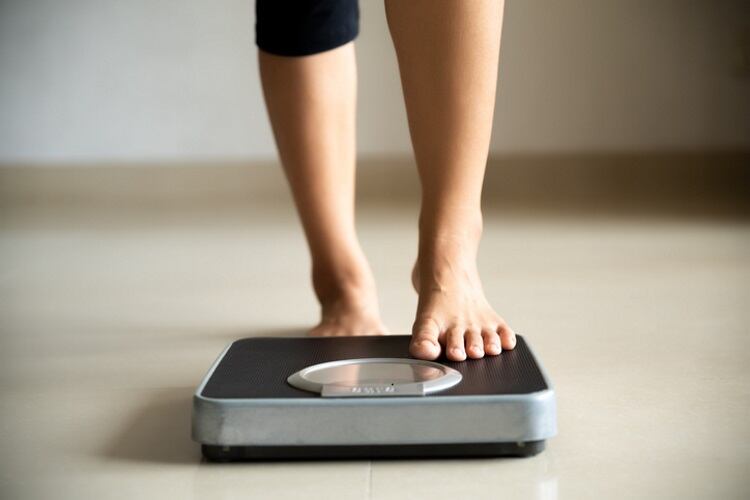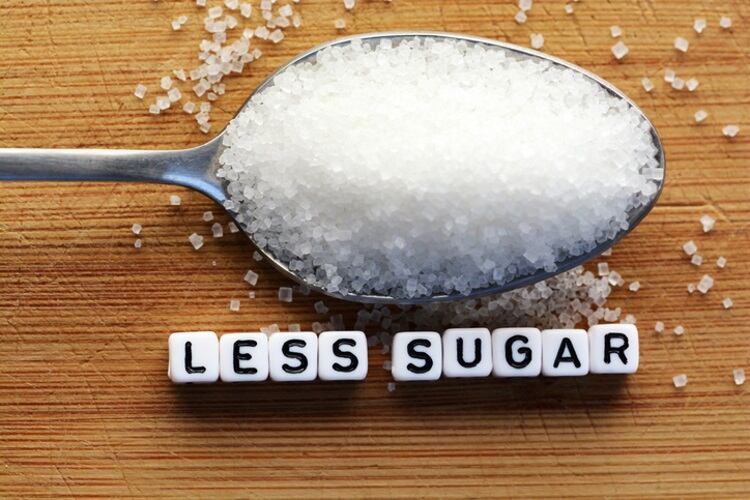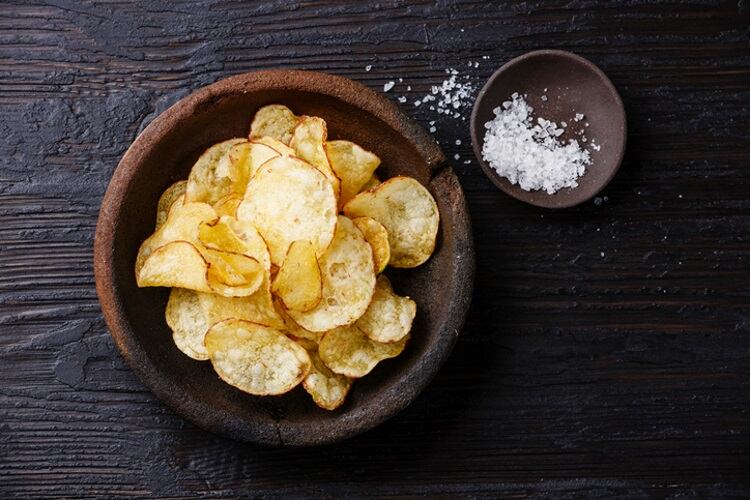Responding to the announcement of the UK Government’s new obesity strategy, Tim Rycroft, COO of FDF said, “The UK’s food and drink manufacturers and the half a million people we employ – so recently the heroes heralded by government for feeding the nation during the COVID crisis – will be reeling today from this punishing blow.
“As the economy struggles to recover, new restrictions on promoting and advertising everyday food and drink will increase the price of food (1), reduce consumer choice and threaten jobs across the UK. And all to save 17 calories a day (2).”
Sebastian Emig, director general of the European Snacks Association, told BakeryandSnacks, “We are following this development with concern and question if such a disruptive approach will bring the hoped for implication for public health.
“As ESA, our members hold several commitments on food reformulation, advertising and marketing as well as consumer information like portion size labelling, which we believe help consumers with achieving and maintaining a healthy and balanced diet.”
Getting the nation into shape
Later today, PM Johnson is expected to announce details of his Better Health campaign, aimed to tackle the nation’s increasing obesity problem, which has been exacerbated by the coronavirus outbreak.
- The advertising of ‘junk’ food will be banned online and before the 9pm watershed on television.
- The ban will also extend to ‘buy one get one free’ deals on snacks, including crisps.
- Restrictions will also outlaw the placing and promotion of snacks near checkouts and store entrances in a bid to reduce the impact of ‘pester power’ on parents.
- Restaurants will have to display the calories for items on menus and there will be a consultation into doing the same for any alcohol sold.
- As part of the programme, the NHS weight loss services is to be expanded, while GPs will be encouraged to prescribe bike rides.
The strict measures follow findings from a Public Health England study that being classed as medically obese increased the risk of death from coronavirus by 40%. According to Government data, 63% of UK adults are above a healthy weight, with 36% being overweight and 28% obese.
Missed opportunity
Andrew Curtis, director general of the Potato Processors’ Association – the umbrella under which SNACMA falls – told this site that, as the policy is not targeted at snacks, SNACMA will not be releasing a specific comment, but he did point to FDF’s comments.
“A new government focus on the promotion of physical activity is welcome, but this package looks like a terrible missed opportunity. After months in which people have thought more about diet and exercise, we could have embarked on a bold programme to promote healthier lifestyles and better diet choices – encouraging consumption of fibre, fruit and vegetables. Instead, at the heart of this programme are old and discredited policies that will raise prices, limit choice and hit two of the UK’s most successful industries,” said Rycroft in a statement.
“It is extraordinary that the government is proposing a ban on promotions of food and drink in retail at such a precarious economic time. With household budgets more stretched than ever before, the Scottish Government recently reversed its decision to press ahead with promotional restrictions. They said the COVID crisis had rendered their impact assessments meaningless. Why are things different in England?
“Government is pulling in different directions. From August the Chancellor is paying for people to eat out whilst the Health Secretary is proposing banning promotions on the same foods in supermarkets.
“Further, there is very limited evidence that these measures will effectively tackle obesity. The UK Government’s own figures suggested that proposed bans on advertising and promotions combined would only reduce children’s average calorie consumption by 17 calories per day (2).
“For more than a decade, our industry has worked willingly with successive governments to reduce salt, fat and sugars. Government is right in its renewed ambition for a healthier, more active population, but it is also time it put real money behind specific, targeted measures to help those most afflicted by obesity, rather than relying on headline chasing measures.
Impact on shoppers
“If price promotions are banned, already hard-pressed shoppers can expect to see their weekly shop become more expensive, at a cost of £600 per family (1). We have already seen evidence of this during the current crisis. Government policies should not put further pressure on rising food costs, which will disproportionately hit the tightest household budgets,” added Rycroft.
“Manufacturers, meanwhile, will see little point in introducing lower-sugar or lower-calories variants of their products into a market in which it will not be possible to advertise or promote them to shoppers. Since 2006, industry has worked in partnership with government and hundreds of everyday products have been reformulated to make them healthier, in-line with government guidelines. Healthier choices will now fall foul of the government’s illogical rules. Start-ups and challenger brands will find it much harder to get ‘share of shelf’ against established brands without promotions to raise their profile, leading to less choice for shoppers.”
Footnotes
1 - Government data shows that, on average, people would have to spend £634 a year more for the same food if promotions were banned.
2 - DHSC impacts assessments on price promotions, location promotions and DCMS impact assessment on further advertising restrictions.




